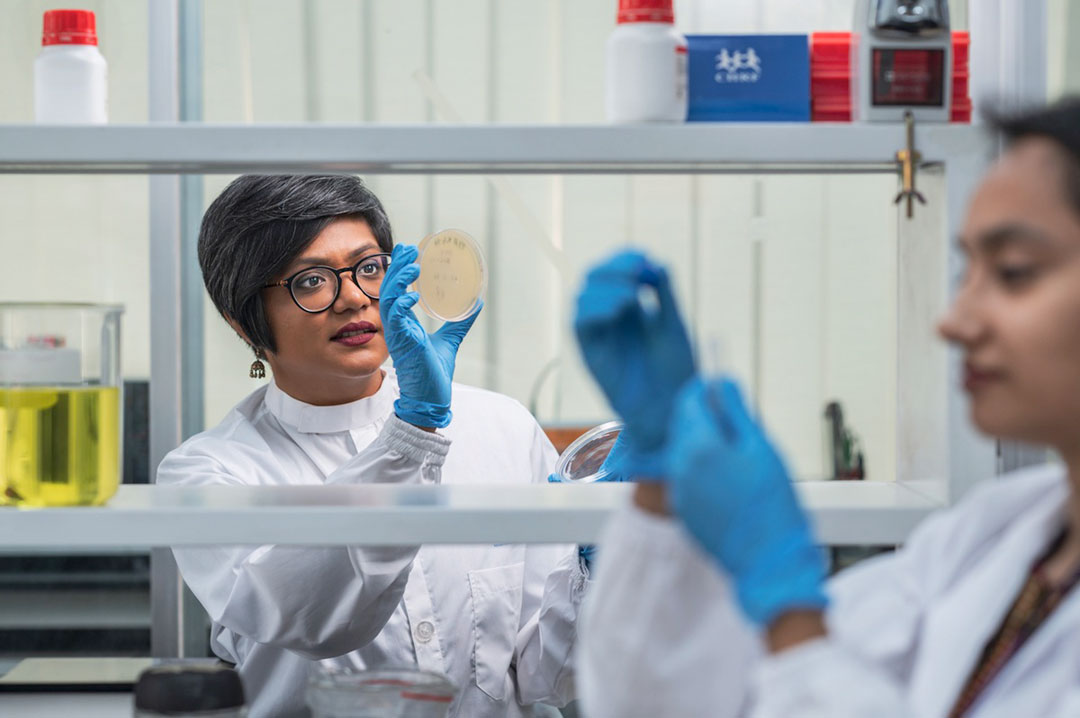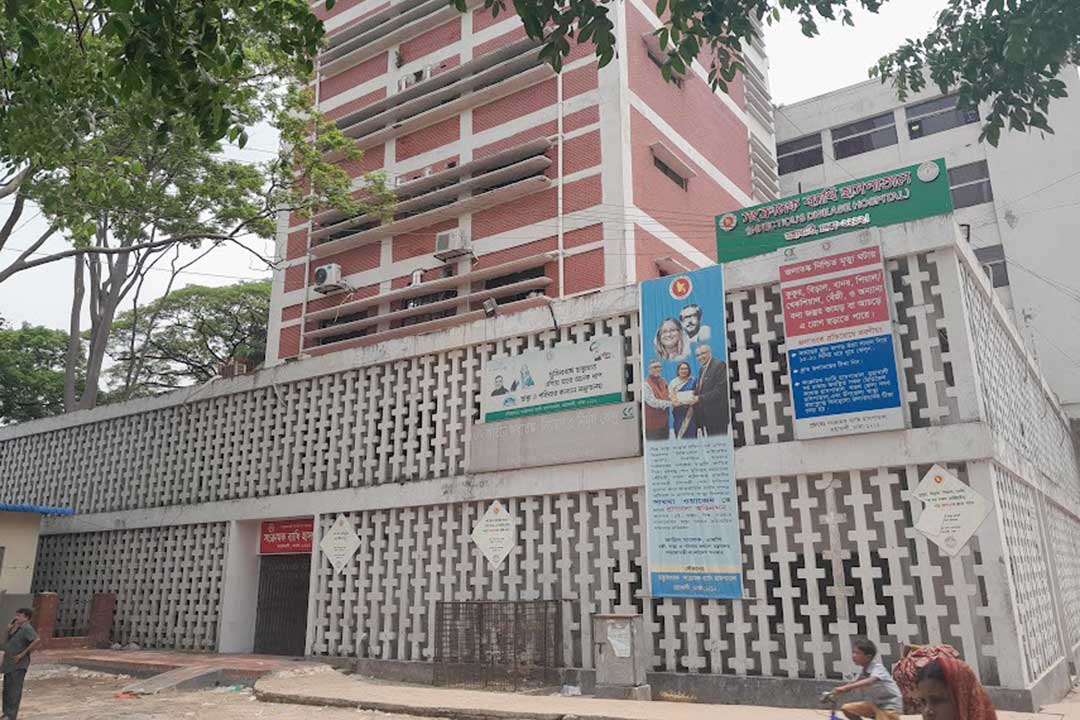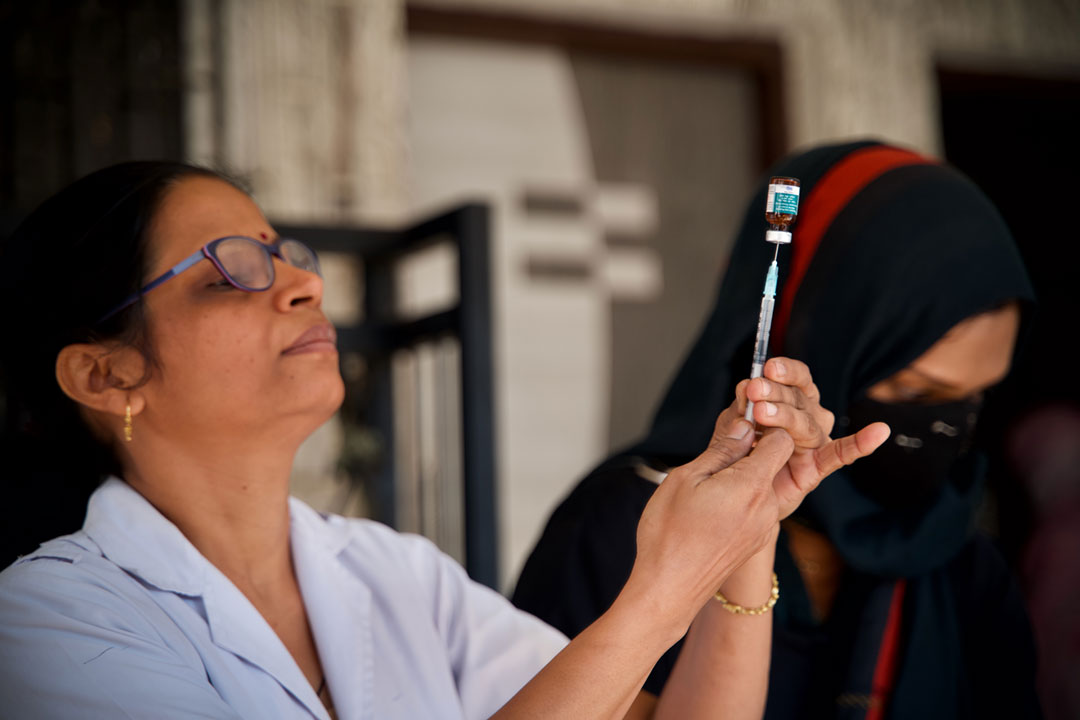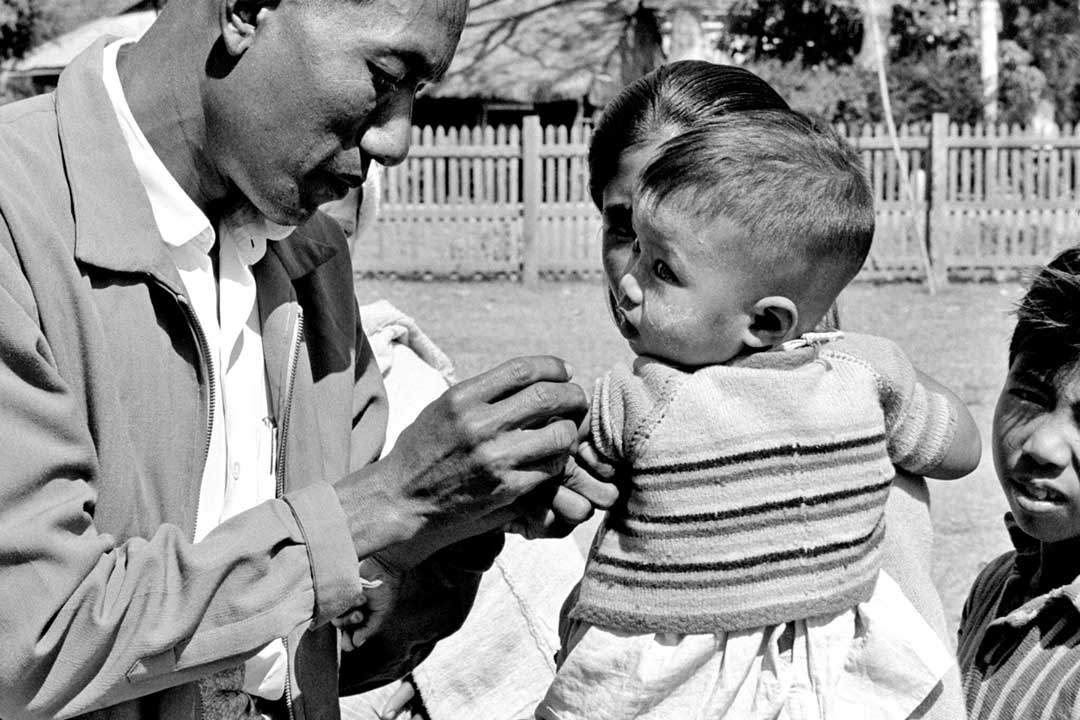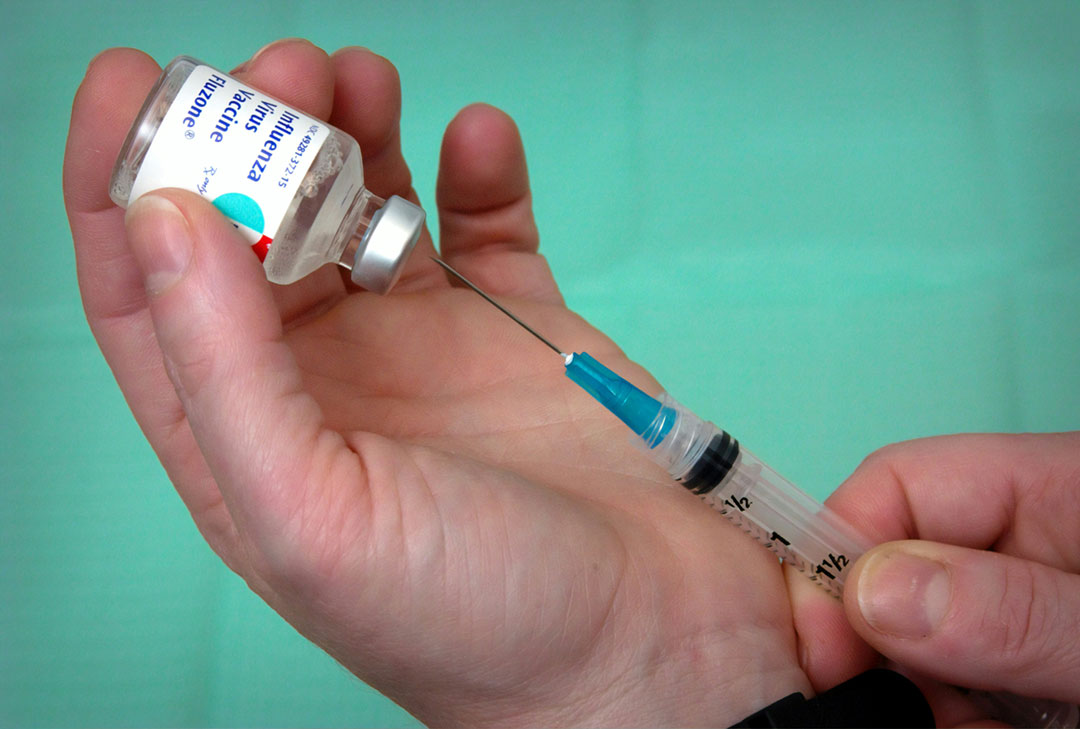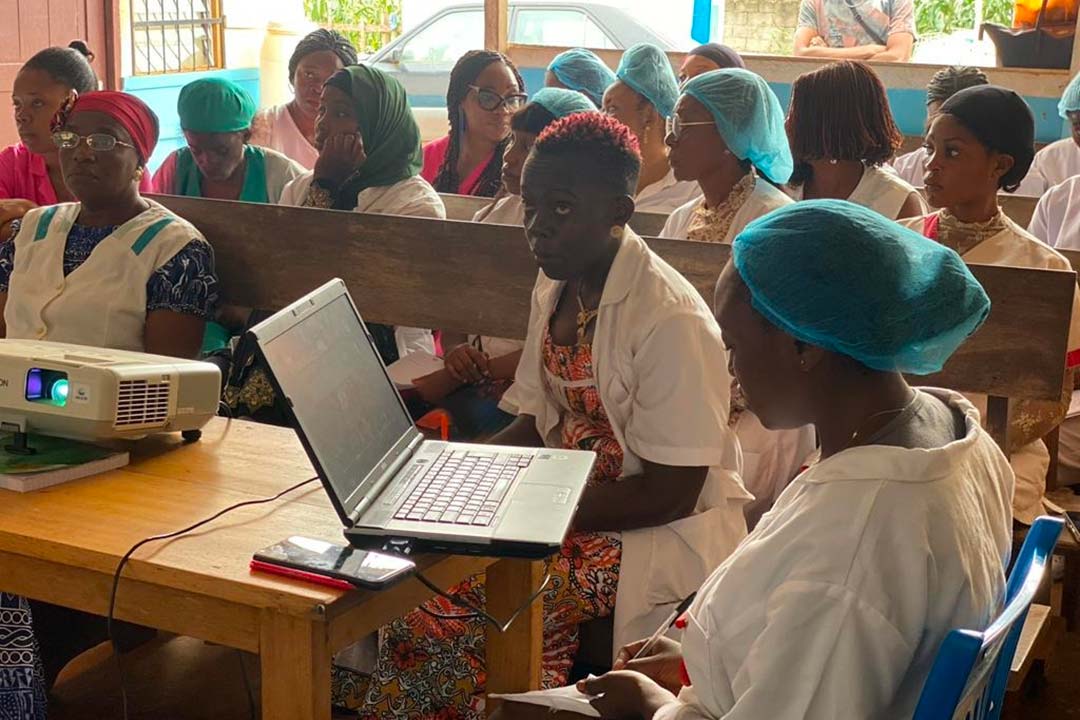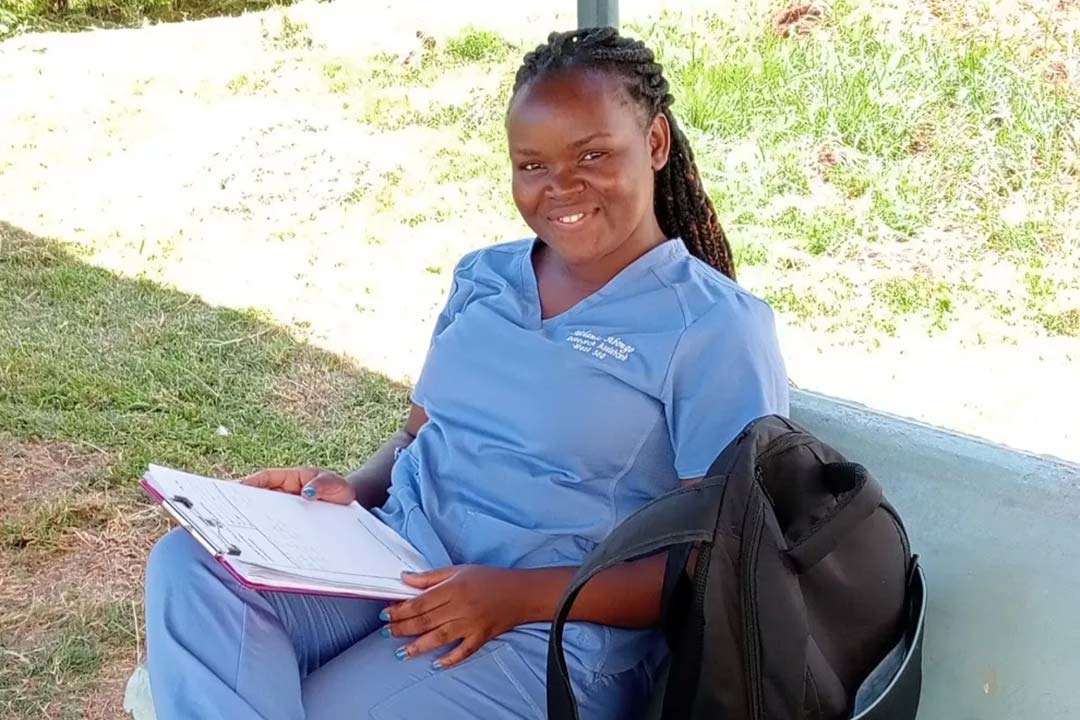How Bangladesh’s immunisation system is coming back stronger
Has COVID-19 taught a cohort of Bangladeshis the value of vaccination?
- 5 January 2023
- 4 min read
- by Mohammad Al Amin

Bangladesh's health system is coming back strong from the pandemic's disruptions, with signs that for some Bangladeshis, the pandemic has come as an object lesson on the value of vaccination.
"In the past, I was scared about taking any type of vaccines due to some superstitions. But when a number of people were dying from the COVID-19 disease, then I took the vaccine," said Shome Khatun, a housewife in Kazipur village, in central Bangladesh's Pabna district.
“The COVID-19 pandemic was a struggle. But also taught us lessons on how to prevent diseases through maintaining health guidelines and vaccination.”
She added, "After taking the COVID-19 vaccine, I realised the significance of taking vaccine to prevent diseases. I was also inspired to get the routine vaccines for my baby girl, and she has been inoculated with EPI vaccines."
For years, Bangladesh has maintained a relatively high rate of protection with basic vaccines, with WHO and UNICEF data pegging rates of immunisation with the third dose of diphtheria, pertussis and tetanus-containing vaccine (DTP3) – the conventional yard-stick for vaccine coverage in general – at between 93% and 98% every year since 2005. But between the lockdowns, economic disruptions, and worries about infection that came with the arrival of SARS-CoV-2 in 2020, the country's immunisation programme was set to be tested.
Mohammed Sahiqul Islam, Health Assistant at Raghunathpur Community Clinic in Santhia pazila of Pabna district says, "I was not even allowed to enter into the houses to administer the routine vaccines like EPI. Many children missed out, particularly early in the pandemic, but we covered them later."

Credit: Mohammad Al Amin
World-over, immunisation programmes report similar stories – resulting in an alarming global fall-off in vaccine coverage rates. Worldwide, DTP3 rates dropped five percentage points between 2019 and 2021, and the number of completely unvaccinated 'zero-dose' children in lower income countries ballooned from 13 to 18 million.
But Bangladesh's immunisation programme is steadily catching up. Dr SM Abdullah Al Murad, Programme Manager (EPI) at the Directorate General of Health Services (DGHS) recalls: "in the beginning of the COVID-19 pandemic, it was tough to carry on the routine immunisation both in rural and urban areas due to nationwide lockdown and panic amongst people over the deadly virus."

Credit: Mohammad Al Amin
The initial hit was worrying: "Bangladesh's national immunisation program targets about 3.8 million children per year and vaccine uptake is monitored. Data recorded on DHIS2 revealed that over 284,000 children missed their pentavalent vaccine in April and May 2020."
But the story didn't end there: "the alarming dropout rate was flagged within the EPI in Bangladesh requiring targeted action to increase the EPI coverage to pre-COVID levels," Dr Murad explains.
In general, the children who missed out on routine immunisation due to the COVID-19 pandemic in 2020 and 2021, were identified and given the necessary vaccines later in 2021 and 2022 respectively.
Have you read?
"In this way, we tackled the situation around routine immunisation. In a way, the COVID-19 pandemic has showed us how to face challenges in health care and increase our capabilities to carry on health services in adverse situations," Dr Murad concludes.
His sense that Bangladesh's commitment to public health has emerged stronger from the pandemic's trials is echoed at the community level. Like Kazipur housewife Shome Khatun, Dhaka resident Aklima Khatun, whose husband Jahangir Hossain drives an auto-rickshaw in the Bhatara Notunbazar area of the capital, says COVID-19 has been a learning experience. "The COVID-19 pandemic was a struggle. But it also taught us lessons on how to prevent diseases through maintaining health guidelines and vaccination."
Hosneyara Sumy, Community Healthcare Provider (CHCP) at Ariadangi Community Clinic in Santhia upazila of Pabna district has had a front-row view of the changing attitudes about the COVID-19 jab. Sumy says, "In the very beginning of the vaccination against coronavirus, we faced a number of challenges including people's – especially women's – disinterest to the vaccination."
Sumy goes on, "At first, very few people came to register to take COVID-19 vaccine. Gradually it increased with crowds forming regularly at our community clinic to take the COVID-19 vaccine. The rural people also have become very much aware of the importance of vaccines."
